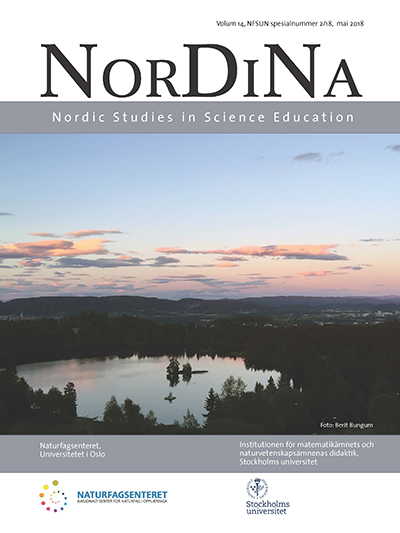The power and paradoxes of PISA: Should Inquiry-Based Science Education be sacrificed to climb on the rankings?
DOI:
https://doi.org/10.5617/nordina.6185Keywords:
PISA, IBSE, Inquiry Based Science Education, Science Education Policy, experiments, globalizationAbstract
Since publication of the first PISA results in 2001, the PISA scores have become a kind of global “gold standard” for educational quality. Climbing on the international PISA rankings have become a high priority for national educational policies world-wide, also in the Nordic countries. This article first explores why and how the OECD, with PISA as the main instrument, has emerged as the key defining organization for educational quality and policy. Some of the underlying assumptions, ideologies and values are critiqued. Secondly, the article draws attention to PISA findings that are surprising, unexpected and problematic. The most problematic finding for science education is that PISA-scores correlate negatively with nearly all aspects of inquiry-based science teaching (IBSE), the kind of teaching that is recommended by scientists as well as science educators.
Downloads
Published
Issue
Section
License
Authors who publish with this journal agree to the following terms:- Authors retain copyright and grant the journal right of first publication with the work simultaneously licensed under a Creative Commons Attribution License that allows others to share the work with an acknowledgement of the work's authorship and initial publication in this journal.
- Authors are able to enter into separate, additional contractual arrangements for the non-exclusive distribution of the journal's published version of the work (e.g., post it to an institutional repository or publish it in a book), with an acknowledgement of its initial publication in this journal.
- Authors are permitted and encouraged to post their work online (e.g., in institutional repositories or on their website) prior to and during the submission process, as it can lead to productive exchanges, as well as earlier and greater citation of published work (See The Effect of Open Access).


